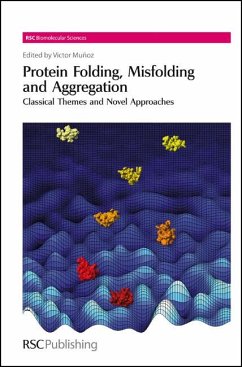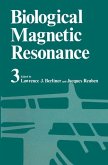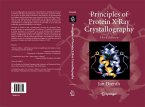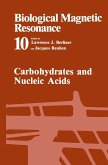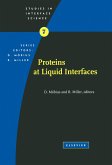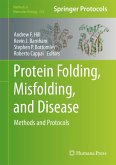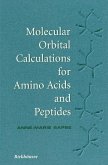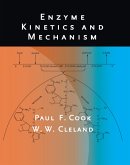Protein folding and aggregation is the process by which newly synthesized proteins fold into the specific three-dimensional structures defining their biologically active states. It has always been a major focus of research in biochemistry and has often been seen as the unsolved second part of the genetic code. In the last 10 years we have witnessed a quantum leap in the research in this exciting area. Computational methods have improved to the extent of making possible to simulate the complete folding process of small proteins and the early stages of protein aggregation. Experimental methods have evolved to permit resolving fast processes of folding reactions and visualizing single molecules during folding. The findings from these novel experiments and detailed computer simulations have confirmed the main predictions of analytical theory of protein folding. In summary, protein folding research has finally acquired the status of a truly quantitative science, paving the way for more exciting developments in the near future. This unique book covers all the modern approaches and the many advances experienced in the field during the last 10 years. There is also much emphasis on computational methods and studies of protein aggregation which have really flourished in the last decade. It includes chapters in the areas that have witnessed major developments and are written by top experts including:computer simulations of folding, fast folding, single molecule spectroscopy, protein design, aggregation studies (both computational and experimental). Readers will obtain a unique perspective of the problems faced in the biophysical study of protein conformational behaviour in aqueous solution and how these problems are being solved with a multidisciplinary approach that combines theory, experiment and computer simulations. Protein Folding, Misfolding and Aggregation Classical Themes and Novel Approaches is essential reading for graduate students actively involved in protein folding research, other scientists interested in the recent progress of the field and instructors revamping the protein folding section of their biochemistry and biophysics courses.
Dieser Download kann aus rechtlichen Gründen nur mit Rechnungsadresse in A, D ausgeliefert werden.

